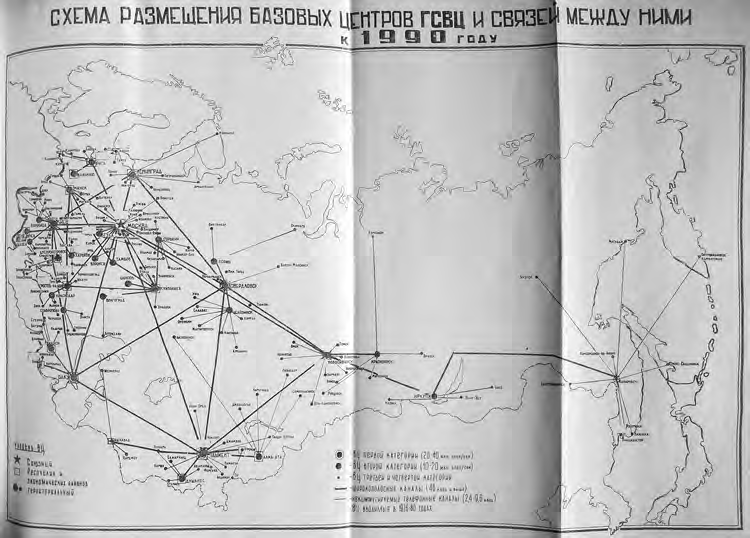At the World Zhejiang Entrepreneurs Convention in November 2016 Jack Ma, founder of the internet behemoth Alibaba, proclaimed an accelerationist vision for the future of the Chinese economy. Ma, the direct beneficiary of Deng Xiaoping’s liberalisation policies, surprised observers by predicting that China will realise the planned economy as a superior alternative to the market within the next three decades, stating that in the near future data analytics will reveal the workings of the invisible hand.
Yet until today, the economic feasibility of a socialist economy is up for debate. Since its early beginnings, the “principal problem that faces the socialist ideal is that we do not know how to design the machinery that would make it run” (Cohen, 2009: 57). One central allegation against socialism is of technical nature, without the information embedded in market prices, a socialist economy would simply be condemned to perpetual inefficiency. Even with the best intents, a planning board would cause devasting mismanagement due to the lack of information. Now in the dawn of the big data era, this argument against planning loses force with every passing day affirming Moore’s law: Suddenly a socialist economy lies in the realm of possibility again. However, its materialization will come with a price.
Out of the necessity of data collection arises an inherent dilemma in that a functioning planned economy can only be realised by an extensive surveillance apparatus and would seemingly come at the cost of radical economic transparency, far exceeding current “Surveillance Capitalism” (Zuboff, 2018). Private consumer data would no longer be in the hand of global corporations, rather it would be fed into the calculative centres of the state planning ministry. Seemingly, the information-dependent telos of optimising the efficiency of the economic plan contradicts with the protection of private consumer data.
The central research question of my dissertation examines whether the pursuit of efficiency in economic planning can be reconciled with the protection of private data: Could the abuse of power be already inhibited on a technical level without disrupting the workings of the economy?
Max Grünberg studied cultural anthropology and computer science at Humboldt University Berlin and was teaching at the department of media studies. In 2017, he co-founded the theory space Diffrakt in Berlin, where he is curating the event series “Machine Dreams”.

